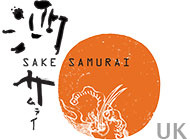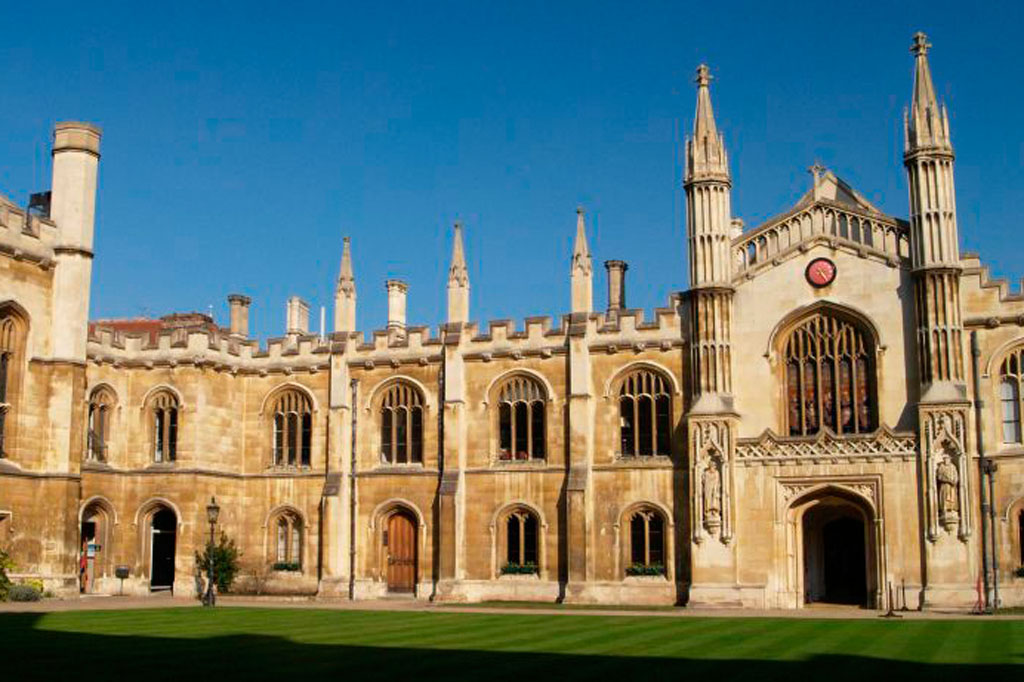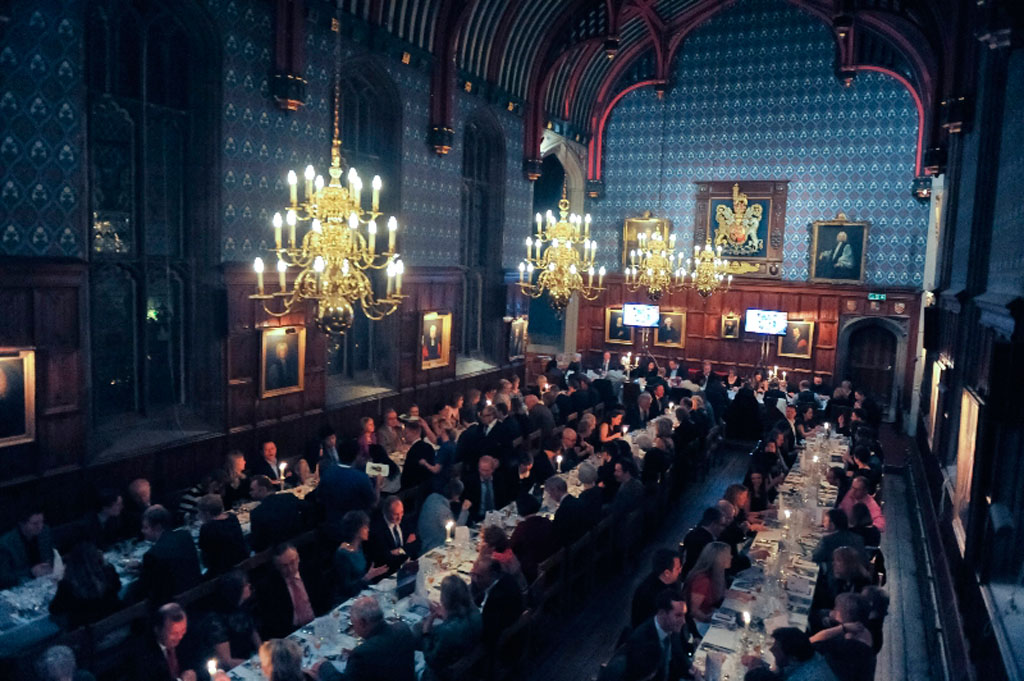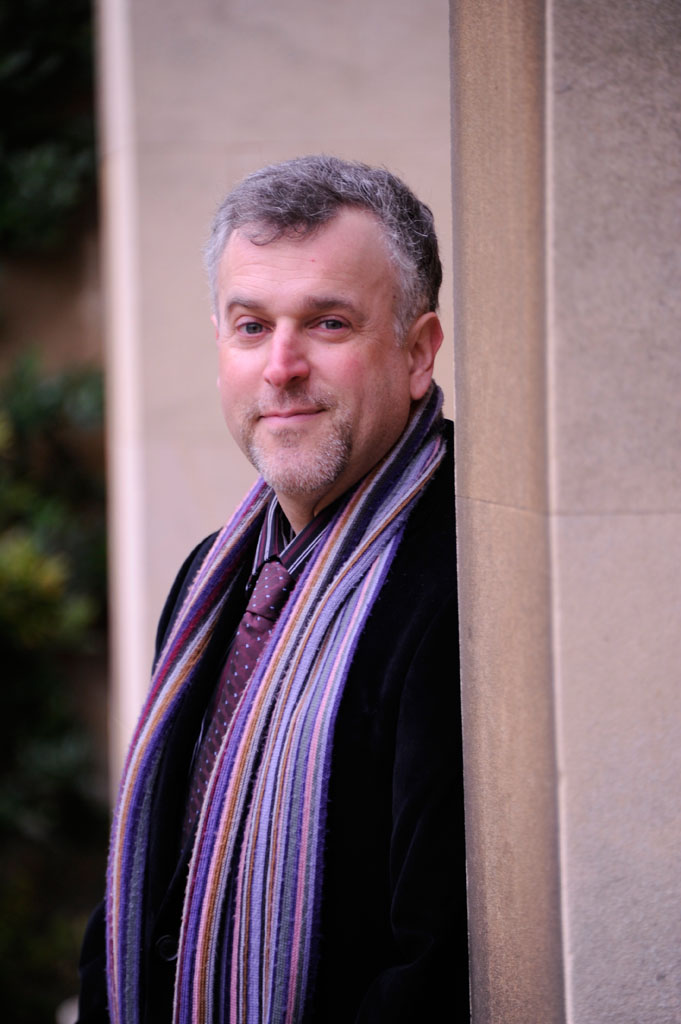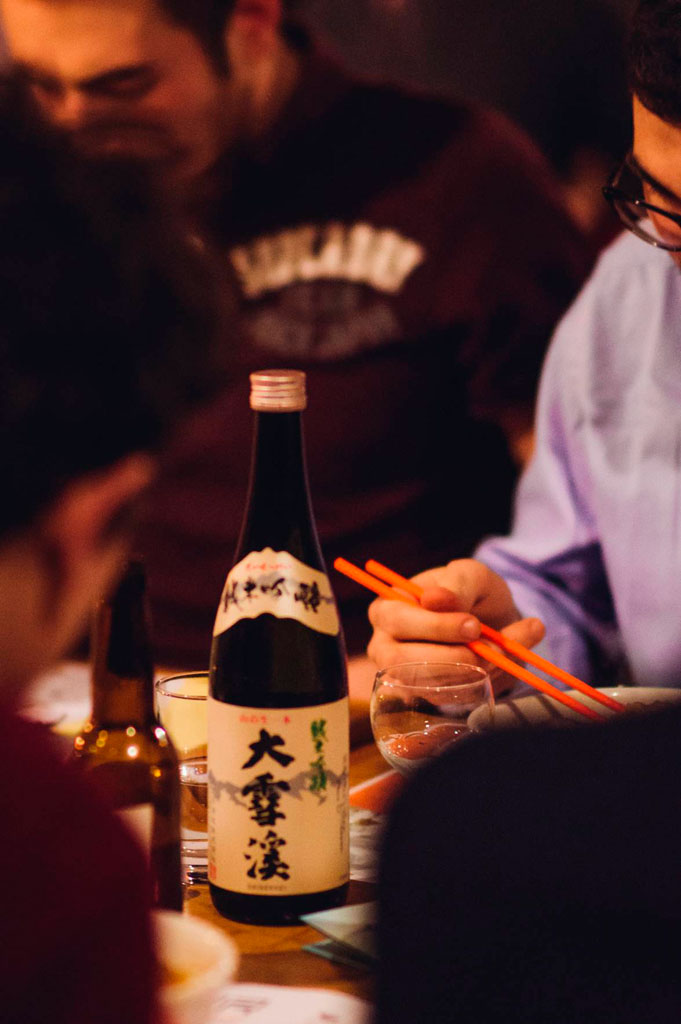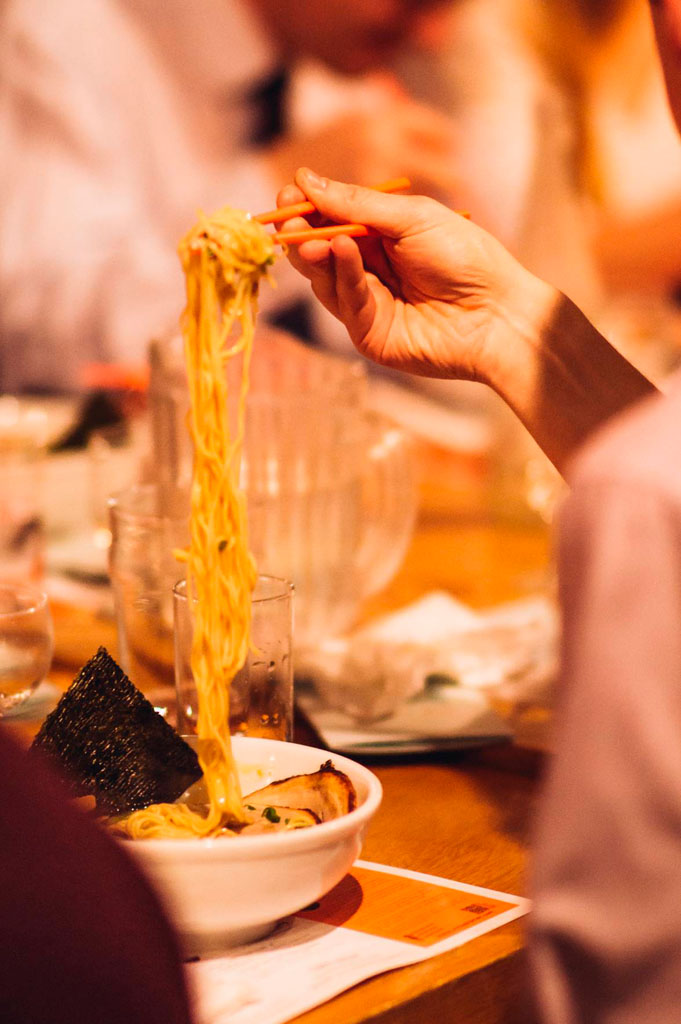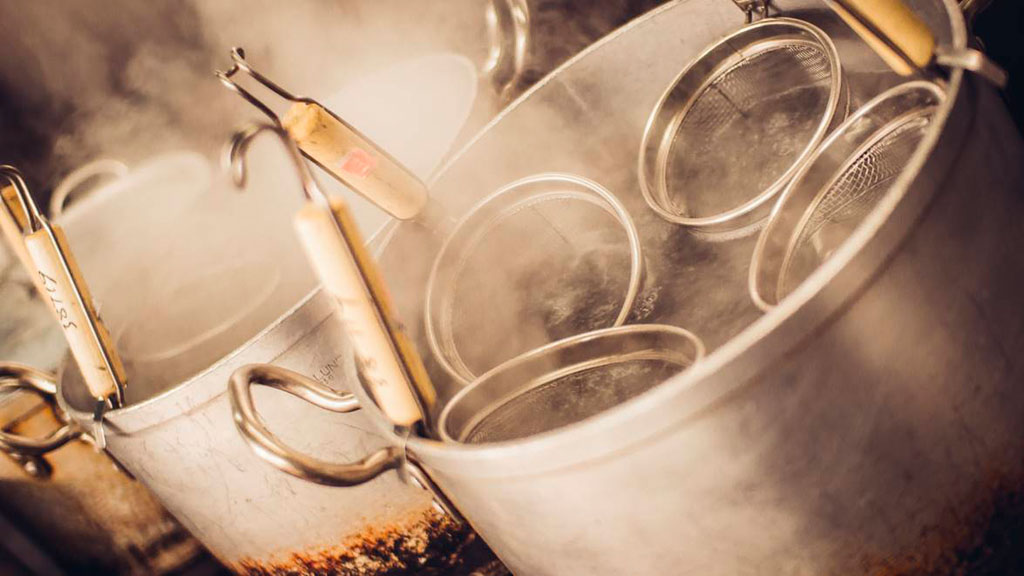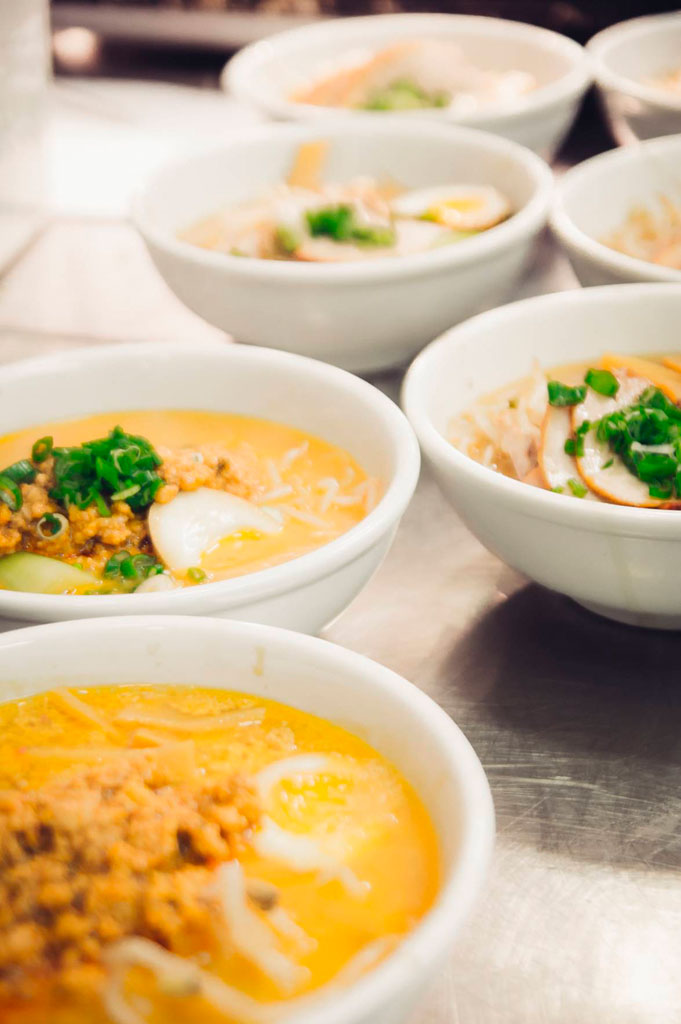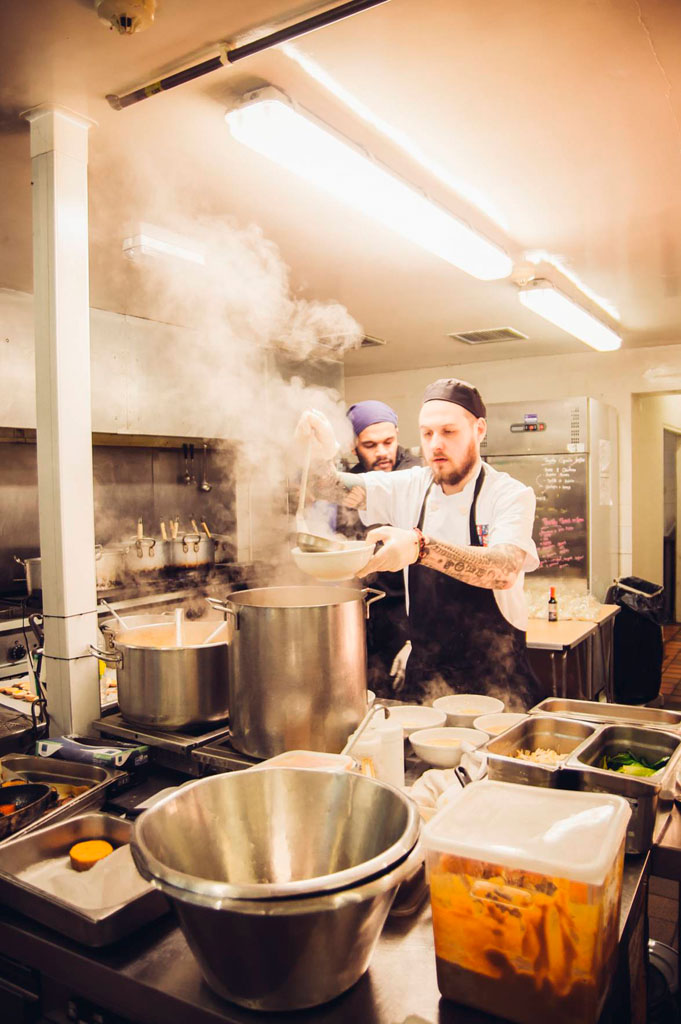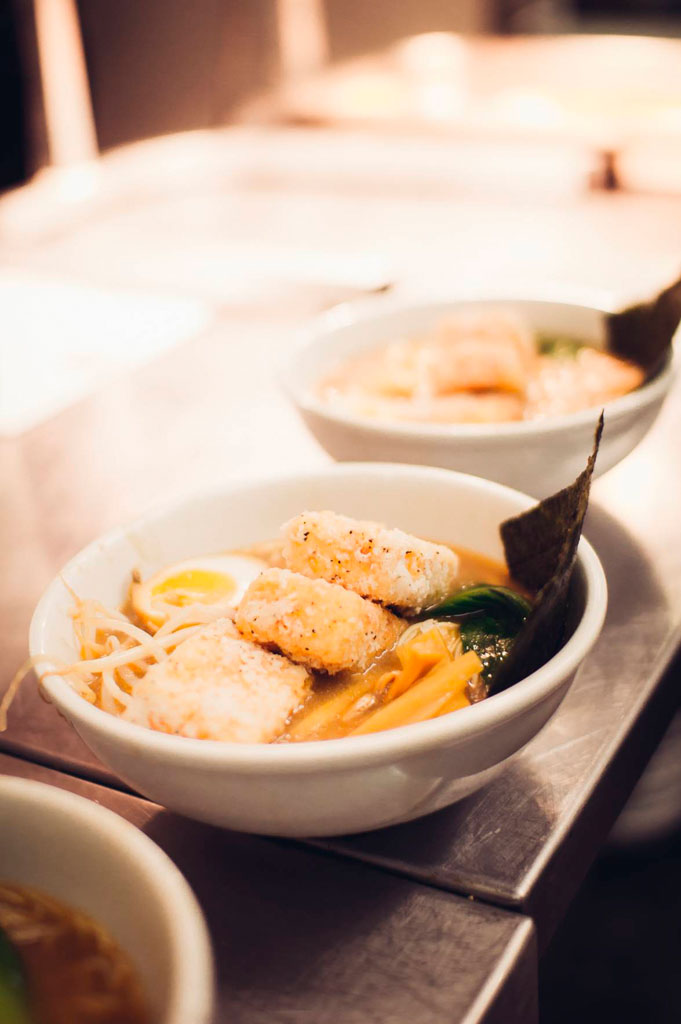Ramen-Sake event at Cambridge University
3rd February 2015
Barak Kushner, who teaches modern Japanese history at the Faculty of the Oriental Study at the University of Cambridge and also known as the author of ‘ SLURP’, a culinary and social history of Ramen, organised ‘Ramen and sake evening’ at his college. Sake Samurai has supported the event. Barak kindly reported people’s conception on sake before and after the event.
The dinner was part of an event that was held in conjunction with a historical talk concerning the history of ramen and Japanese cuisine, entitled “Slurping your way through modern Japanese history: Noodles, Nationalism and the Myths of Japanese Food Culture.” This lecture is part of a series of talks sponsored by the Stephen Hales Lecture fund at Leckhampton House, Corpus Christi College, University of Cambridge.
The preceding dinner was a ramen noodle dinner and cooked by United Ramen Chefs from their restaurant in Islington. For many UK students, researchers and faculty members this was the first time they had eaten fresh ramen and almost universally the experience was positive. The chef offered three flavors – miso, spicy, and vegetarian.
To complete the washoku dining experience I got in touch with Yoshitake Rie-san to see about sponsorship of some sort of sake. As with ramen, most British diners have heard of sake but had mostly unpleasant experiences. Most people sitting at my table almost to a person made comments that while they looked forward to trying the ramen, because Japanese cuisine now had a positive image of healthy and tasty, they were not looking forward to sipping the sake. Most British were only familiar with very low-end sake, which made their first taste unpleasant and they were turned off from ever drinking it again.
What a change when those 85 people in attendance to this event, to which Sake Samurai graciously donated 36 bottles, completely changed their opinions about Japanese sake. The reverend of the college sitting next to me intimated that he believed sake to be “disgusting” but was delighted with the bottles that we offered. Other students said before that their impression of sake was “cheap” and that it was only offered “hot” and therefore tasted like alcoholic tea. I explained to the audience briefly the sort of range that good sake offered and many sipped and nodded approvingly as they realized the sort of essence that really comes from drinking quality sake.
The excellent result of the evening was watching the attendees – all future leaders in their fields of science, math, politics – and fellow members of the college, take the bottles of sake which had leftover sake in them into the next room for the post-dinner discussion.
All the bottles were completely drunk by the end of the evening and in the emails I received afterward, there is deep enthusiasm for future events of this nature. People in Cambridge are very interested in learning more about Japanese sake, Japanese culture and Japanese cuisine.
Barak Kushner, University of Cambridge
Fellow of Corpus Christi College
